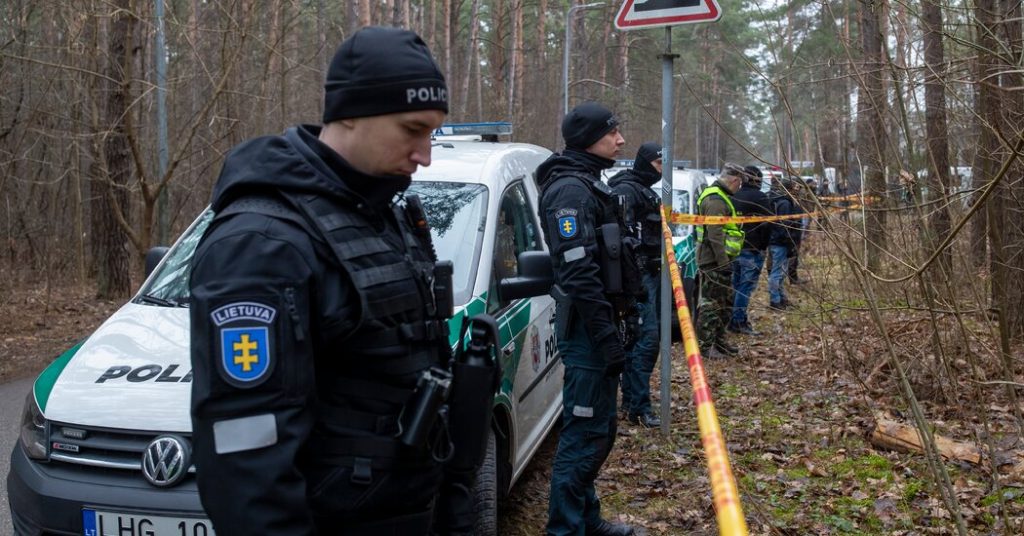In recent days, authorities in Poland and Germany have arrested several citizens on suspicion of spying for Russia or planning acts of violence on European soil. In Poland, a man identified as Pawel K. was detained for allegedly offering to help Russian agents in a plot to assassinate Ukrainian President Volodymyr Zelensky. Two Polish citizens were also arrested for attacking a top aide to Russian opposition campaigner Alexei Navalny in Lithuania. Additionally, in Germany, two dual citizens were apprehended for allegedly spying for Moscow and planning to sabotage aid to Ukraine.
These arrests highlight concerns about the Kremlin’s clandestine network in the West and its use of foreign nationals, including criminals and hooligans, to intimidate or harm opponents living abroad. Polish Prime Minister Donald Tusk condemned collaboration with Russian services and vowed to eliminate any attempts at destabilization. The arrests in Poland and Germany also come amid fears in European countries about the extent of Moscow’s infiltration with spies and assassins, as well as the recruitment of individuals willing to carry out acts of violence on behalf of the Kremlin.
The arrested individuals in Poland had tasks that included collecting information about Rzeszów-Jasionka Airport, frequented by President Zelensky. This information was allegedly intended to assist Russian military intelligence in planning an assassination attempt on Zelensky during his visits to Poland. The airport, which is a key transport hub for Western weapons destined for Ukraine, is protected by U.S. military personnel and Patriot missiles.
European officials are particularly concerned about the accessibility of men for hire among organized crime and extremist groups who may be willing to carry out violent acts on behalf of the Kremlin’s interests. The suspects involved in the recent arrests in Poland and Germany were reportedly linked to extremist circles, such as fanatical soccer fan groups known for violence and association with right-wing political causes. Investigations have also revealed connections between suspects involved in recent attacks and individuals who threatened Kremlin opponents in other countries.
In a separate incident, a Polish citizen was arrested in connection with threatening an anti-Kremlin Russian economist and his wife in Buenos Aires. The man’s handler was reportedly linked to individuals involved in the assault on Navalny’s aide in Lithuania. These arrests have heightened concerns about potential retaliatory acts against the Kremlin’s enemies in European countries, especially following the assassination of a Russian helicopter pilot in Spain last year. The identity of the perpetrators in that case remains unknown.
The arrests in Poland and Germany reflect broader concerns in Europe about the reach of Russian intelligence networks and the potential for violent acts to be carried out against individuals critical of the Kremlin. European countries are taking steps to address these threats and collaborate on investigations to uncover and dismantle these networks. The incidents also serve as a reminder of the risks faced by those who oppose the Russian government and the lengths to which Moscow may go to silence dissent.


